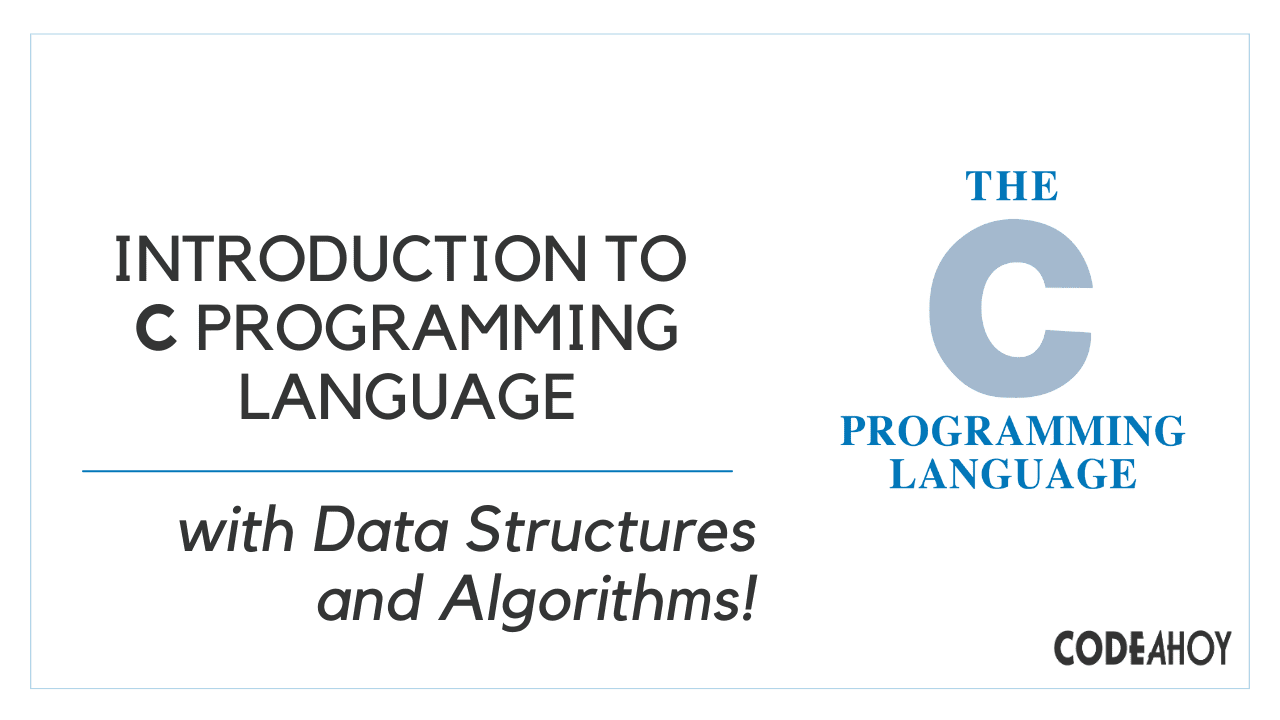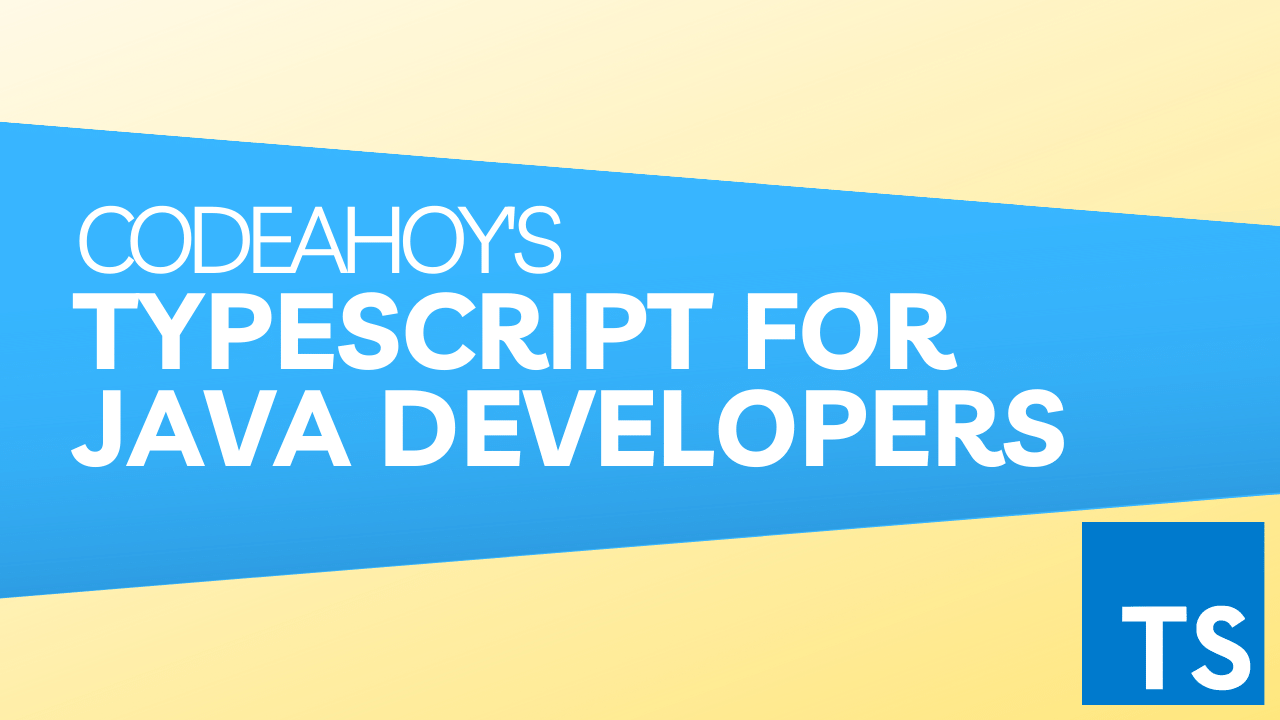Books / Practical Cryptography for Developers (Unfinished) / Chapter 6b
RSA Encrypt / Decrypt - Examples
Now let’s demonstrate how the RSA algorithms works by a simple example in Python. The below code will generate random RSA key-pair, will encrypt a short message and will decrypt it back to its original form, using the RSA-OAEP padding scheme.
First, install the pycryptodome package, which is a powerful Python library of low-level cryptographic primitives (hashes, MAC codes, key-derivation, symmetric and asymmetric ciphers, digital signatures):
pip install pycryptodome
RSA Key Generation
Now, let’s write the Python code. First, generate the RSA keys (1024-bit) and print them on the console (as hex numbers and in the PKCS#8 PEM ASN.1 format):
from Crypto.PublicKey import RSA
from Crypto.Cipher import PKCS1_OAEP
import binascii
keyPair = RSA.generate(3072)
pubKey = keyPair.publickey()
print(f"Public key: (n={hex(pubKey.n)}, e={hex(pubKey.e)})")
pubKeyPEM = pubKey.exportKey()
print(pubKeyPEM.decode('ascii'))
print(f"Private key: (n={hex(pubKey.n)}, d={hex(keyPair.d)})")
privKeyPEM = keyPair.exportKey()
print(privKeyPEM.decode('ascii'))
Run the above code example: https://repl.it/@nakov/RSA-Key-Generation-in-Python.
We use short key length to keep the sample input short, but in a real world scenario it is recommended to use 3072-bit or 4096-bit keys.
RSA Encryption
Next, encrypt the message using RSA-OAEP encryption scheme (RSA with PKCS#1 OAEP padding) with the RSA public key:
msg = b'A message for encryption'
encryptor = PKCS1_OAEP.new(pubKey)
encrypted = encryptor.encrypt(msg)
print("Encrypted:", binascii.hexlify(encrypted))
Run the above code example: https://repl.it/@nakov/RSA-encryption-in-Python.
RSA Decryption
Finally, decrypt the message using using RSA-OAEP with the RSA private key:
decryptor = PKCS1_OAEP.new(keyPair)
decrypted = decryptor.decrypt(encrypted)
print('Decrypted:', decrypted)
Run the above code example: https://repl.it/@nakov/RSA-decryption-in-Python.
Sample Output
A sample output of the code execution for the entire example is given below:
Public key: (n=0x9a11485bccb9569410a848fb1afdf2a81b17c1fa9f9eb546fd1deb873b49b693a4edf20eb8362c085cd5b28ba109dbad2bd257a013f57f745402e245b0cc2d553c7b2b8dbba57ebda7f84cfb32b7d9c254f03dbd0188e4b8e40c47b64c1bd2572834b936ffc3da9953657ef8bee80c49c2c12933c8a34804a00eb4c81248e01f, e=0x10001)
-----BEGIN PUBLIC KEY-----
MIGfMA0GCSqGSIb3DQEBAQUAA4GNADCBiQKBgQCaEUhbzLlWlBCoSPsa/fKoGxfB
+p+etUb9HeuHO0m2k6Tt8g64NiwIXNWyi6EJ260r0legE/V/dFQC4kWwzC1VPHsr
jbulfr2n+Ez7MrfZwlTwPb0BiOS45AxHtkwb0lcoNLk2/8PamVNlfvi+6AxJwsEp
M8ijSASgDrTIEkjgHwIDAQAB
-----END PUBLIC KEY-----
Private key: (n=0x9a11485bccb9569410a848fb1afdf2a81b17c1fa9f9eb546fd1deb873b49b693a4edf20eb8362c085cd5b28ba109dbad2bd257a013f57f745402e245b0cc2d553c7b2b8dbba57ebda7f84cfb32b7d9c254f03dbd0188e4b8e40c47b64c1bd2572834b936ffc3da9953657ef8bee80c49c2c12933c8a34804a00eb4c81248e01f, d=0x318ab12be3cf0d4a1b7921cead454fcc42ba070462639483394d6fb9529547827e9c8d23b294a8e01f8a1019da34e350f2307740e06a270bef1fe646e6ad213e31b528fdd5f5d03e633c07c44755ed622a629d79e822c095ebdf9cc80e517b5566dd3d3e5b16ec737987337a0e497fdba4b5ad97af41c1c3cdd87542a4637d81)
-----BEGIN RSA PRIVATE KEY-----
MIICXAIBAAKBgQCaEUhbzLlWlBCoSPsa/fKoGxfB+p+etUb9HeuHO0m2k6Tt8g64
NiwIXNWyi6EJ260r0legE/V/dFQC4kWwzC1VPHsrjbulfr2n+Ez7MrfZwlTwPb0B
iOS45AxHtkwb0lcoNLk2/8PamVNlfvi+6AxJwsEpM8ijSASgDrTIEkjgHwIDAQAB
AoGAMYqxK+PPDUobeSHOrUVPzEK6BwRiY5SDOU1vuVKVR4J+nI0jspSo4B+KEBna
NONQ8jB3QOBqJwvvH+ZG5q0hPjG1KP3V9dA+YzwHxEdV7WIqYp156CLAlevfnMgO
UXtVZt09PlsW7HN5hzN6Dkl/26S1rZevQcHDzdh1QqRjfYECQQDGDUIQXlOiAcGo
d5YqAGpWe0wzJ0UypeqZcqS9MVe9OkjjopCkkYntifdN/1oG7S/1KUMtLoGHqntb
c428zOO/AkEAxyV0cmuJbFdfM0x2XhZ+ge/7putIx76RHDOjBpM6VQXpLEFj54kB
qGLAB7SXr7P4AFrEjfckJOp2YMI5BreboQJAb3EUZHt/WeDdJLutzpKPQ3x7oykM
wfQkbxXYZvD16u96BkT6WO/gCb6hXs05zj32x1/hgfHyRvGCGjKKZdtwpwJBAJ74
y0g7h+wwoxJ0S1k4Y6yeQikxUVwCSBxXLCCnjr0ohsaJPJMrz2L30YtVInFkHOlL
i/Q4AWZmtDDxWkx+bYECQG8e6bGoszuX5xjvhEBslIws9+nMzMuYBR8HvhLo58B5
N8dk3nIsLs3UncKLiiWubMAciU5jUxZoqWpRXXwECKE=
-----END RSA PRIVATE KEY-----
Encrypted: b'99b331c4e1c8f3fa227aacd57c85f38b7b7461574701b427758ee4f94b1e07d791ab70b55d672ff55dbe133ac0bea16fc23ea84636365f605a9b645e0861ee11d68a7550be8eb35e85a4bde6d73b0b956d000866425511c7920cdc8a3786a4f1cb1986a875373975e158d74e11ad751594de593a35de765fe329c0d3dfbbfedc'
Decrypted: b'A message for encryption'
Notes:
- If you run the above example, your output will be different, because it generates different random RSA key-pair at each execution.
- Even if you encrypt the same message several times with the same public key, you will get different output. This is because the OAEP padding algorithm injects some randomness with the padding.
- If you try to encrypt larger messages, you will get and exception, because the 1024-bit key limits the maximum message length.
Now play with the above code, modify it and run it to learn how RSA works in action.




